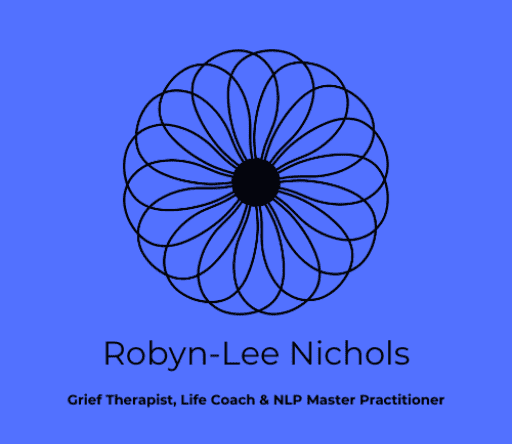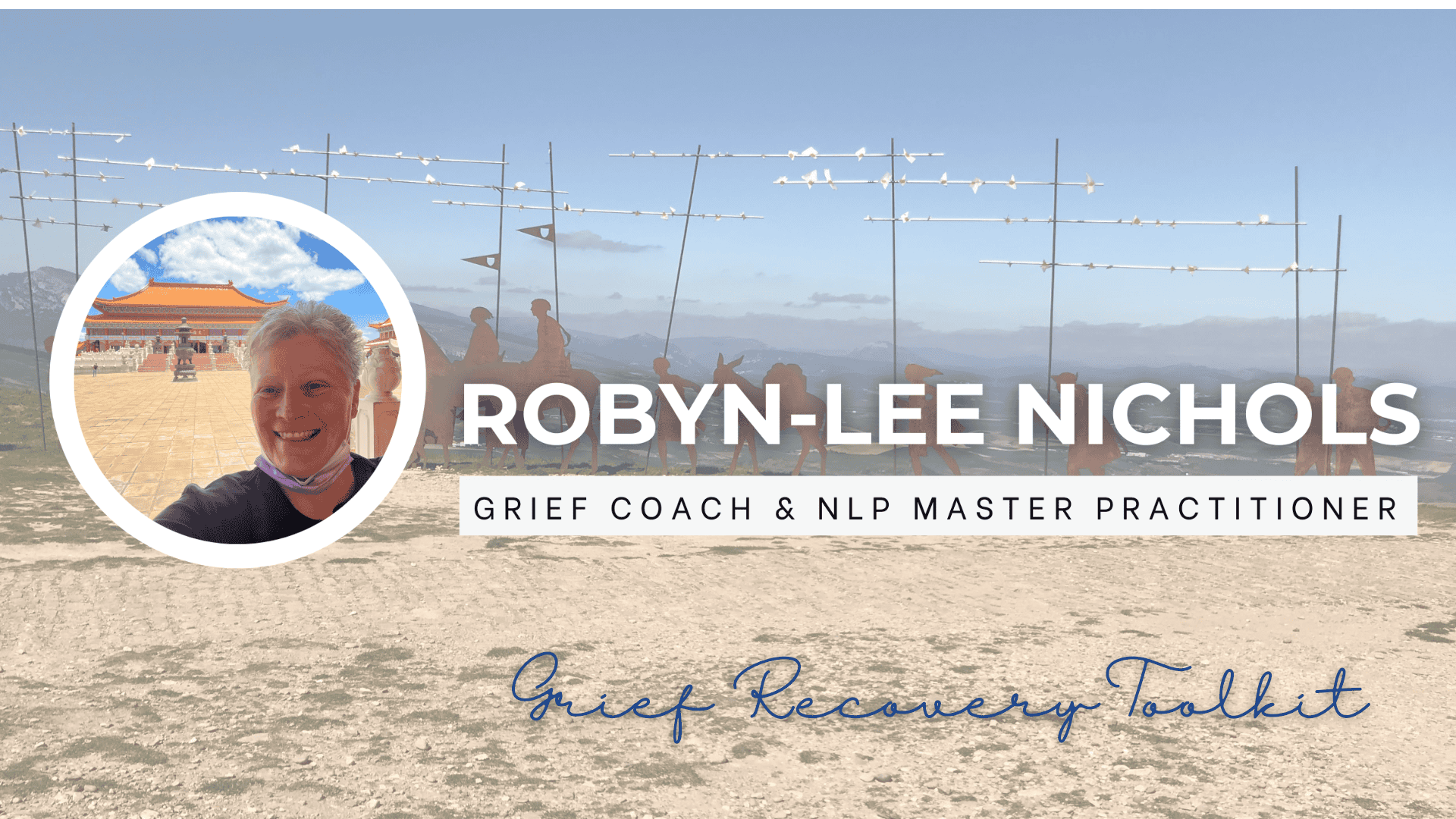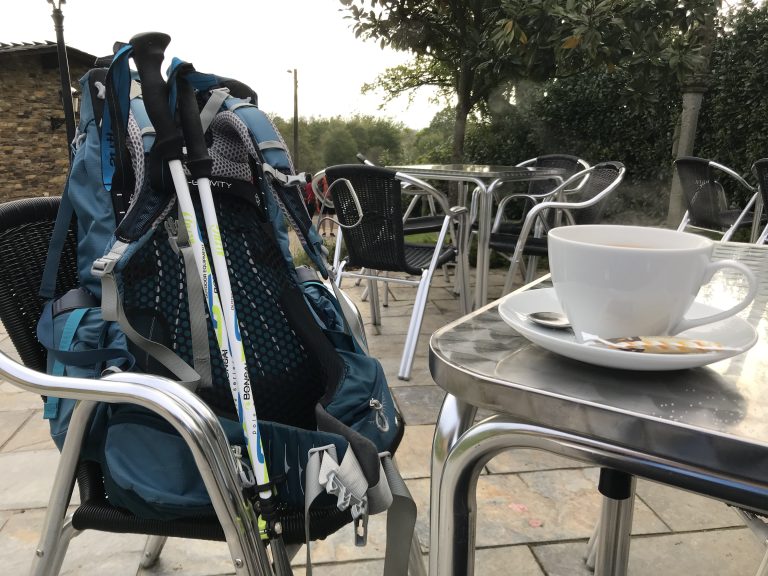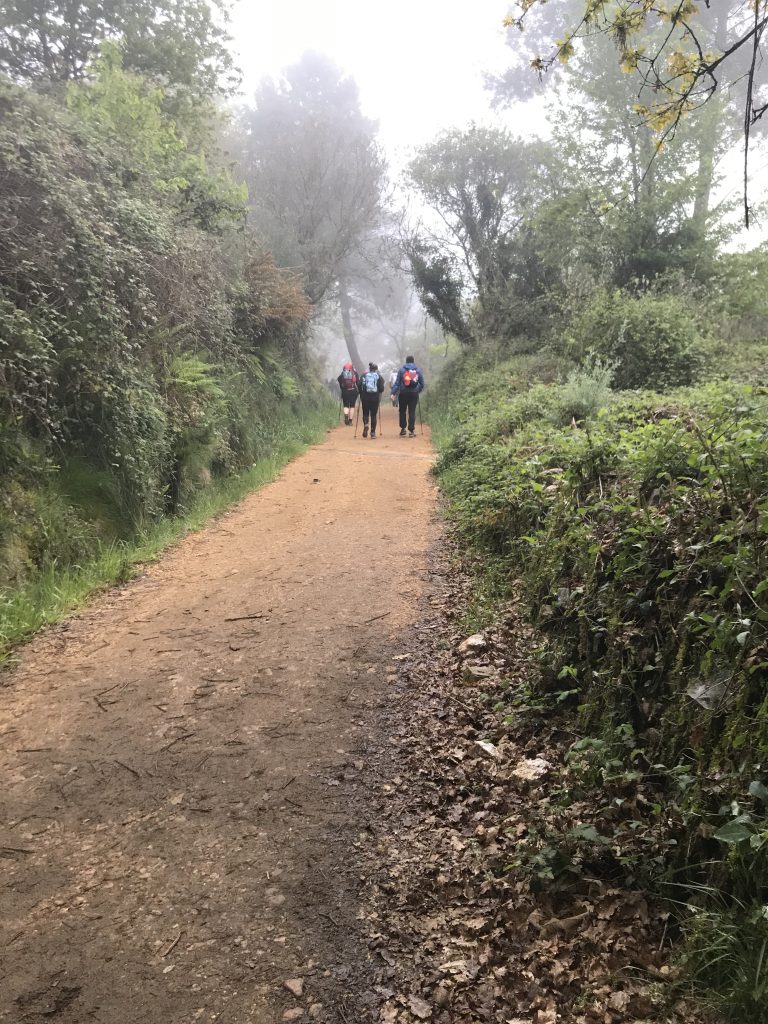The 10 Best Books for Grief Recovery in 2024
Grief is a universal human experience, yet it can feel incredibly isolating. In times of loss, many turn to books for comfort, understanding, and guidance. As we continue to navigate loss in 2024, several powerful works continue to stand out as the best books for grief recovery.
Whether you’re navigating your own grief journey or supporting someone else, these books offer invaluable insights and strategies for healing.
1. “It’s OK That You’re Not OK” by Megan Devine
Megan Devine’s compassionate approach in “It’s OK That You’re Not OK” has solidified its place among the best books for grief. Devine challenges the notion that grief is a problem to be solved, instead offering a revolutionary approach to grief that acknowledges pain as a natural response to loss.
Key Takeaway: Grief is a normal and natural response to loss, not a condition to be cured.
2. “The Wild Edge of Sorrow” by Francis Weller
Francis Weller’s poetic and profound exploration of grief continues to resonate with readers in 2024. This book stands out for its holistic approach, addressing not just personal loss but also collective and ecological grief.
Key Takeaway: Grief is a gateway to a deeper connection with ourselves, others, and the world around us.
3. “Bearing the Unbearable” by Joanne Cacciatore
Dr. Joanne Cacciatore’s “Bearing the Unbearable” remains one of the best books for grief, especially for those dealing with traumatic loss. Her mindfulness-based approach offers a compassionate guide through the landscape of grief.
Key Takeaway: Mindfulness can be a powerful tool in navigating the intense emotions of grief.
4. “The Grief Recovery Handbook” by John W. James and Russell Friedman
This practical guide continues to be a cornerstone in grief literature. Updated for 2024, it offers specific actions to help recover from loss and is particularly useful for those seeking a structured approach to healing.
Key Takeaway: Grief recovery is an active process that requires specific tools and actions.
5. “Finding Meaning: The Sixth Stage of Grief” by David Kessler
David Kessler, who co-authored with Elisabeth Kübler-Ross, introduces the concept of finding meaning as a crucial part of the grieving process. This addition to the stages of grief model has resonated with many, securing its place among the best books for grief.
Key Takeaway: Finding meaning can be a powerful part of the healing process after a loss.
6. “The Year of Magical Thinking” by Joan Didion
Joan Didion’s memoir of grief following the death of her husband continues to be a powerful read. Its raw honesty and beautiful prose offer comfort to those experiencing similar losses.
Key Takeaway: Grief can alter our perception of reality, but acknowledging this can be part of the healing process.
7. “Grief Day By Day” by Jan Warner
This practical workbook offers daily readings and exercises to help navigate the grief journey. Its structure makes it particularly helpful for those who find comfort in daily rituals and reflections.
Key Takeaway: Small, daily practices can accumulate to support significant healing over time.
8. “Healing After Loss” by Martha Whitmore Hickman
This book of daily meditations continues to be a source of comfort for many grieving individuals. Its gentle, thoughtful entries provide moments of peace and reflection throughout the grief journey.
Key Takeaway: Brief, daily reflections can provide ongoing support through the ups and downs of grief.
9. “Option B” by Sheryl Sandberg and Adam Grant
Sheryl Sandberg’s personal account of loss, combined with Adam Grant’s psychological insights, offers a unique perspective on resilience in the face of adversity. This book remains relevant for its practical strategies on building resilience.
Key Takeaway: While we can’t always avoid adversity, we can build resilience to face life’s challenges.
10. “Grief Works” by Julia Samuel
Psychotherapist Julia Samuel’s compassionate exploration of grief continues to be one of the best books for grief in 2024. Through case studies and practical advice, Samuel offers insights into the complexities of mourning and the path to recovery.
Key Takeaway: Understanding the unique nature of each person’s grief can be key to healing.

Why These Remain the Best Books for Grief Recovery in 2024
As we navigate an ever-changing world, these books continue to offer timeless wisdom and comfort. They address grief from various angles – psychological, practical, spiritual, and personal – providing a comprehensive resource for those on the grief journey.
What sets these apart as the best books for grief recovery is their ability to:
- Normalize the grief experience
- Offer practical strategies for coping
- Provide comfort through shared experiences
- Challenge unhelpful cultural narratives about grief
- Encourage self-compassion and patience in the healing process
How to Use These Books in Your Grief Journey
While these are considered the best books for grief recovery, it’s important to approach them at your own pace. Some suggestions for engaging with these resources:
- Start with the book that resonates most with your current needs
- Read in small doses, allowing time to reflect and process
- Consider journaling your thoughts and reactions as you read
- Share insights with a trusted friend or grief support group
- Revisit these books at different stages of your grief journey, as your perspective and needs may change over time
- Also, check out my Grief Recovery Toolkit here: https://robynleenichols.com/resources/, for additional support during your grief recovery journey.
Conclusion
Grief is a deeply personal journey, and what resonates with one person may not work for another. These ten books, recognized as some of the best books for grief recovery in 2024, offer a range of perspectives and strategies to support you or your loved ones through the grieving process. Remember, there’s no “right” way to grieve, and seeking support – whether through books, counseling, or support groups – is a sign of strength, not weakness.
As you navigate your grief journey, may these books offer you comfort, insight, and hope for healing.
Get in Touch with me, should you need to explore your grief recovery journey further here:







